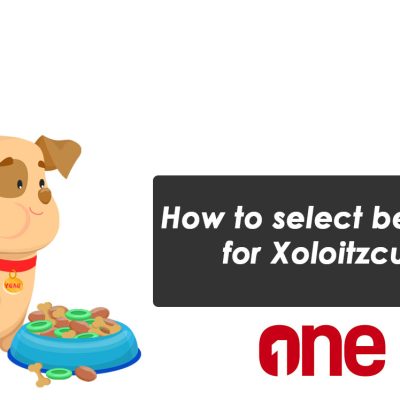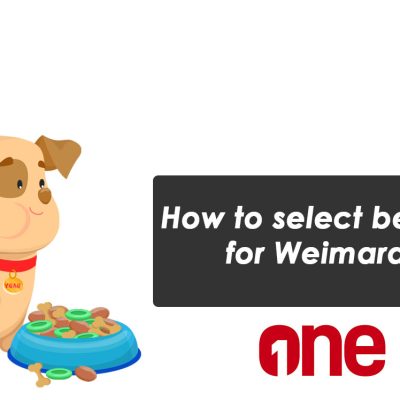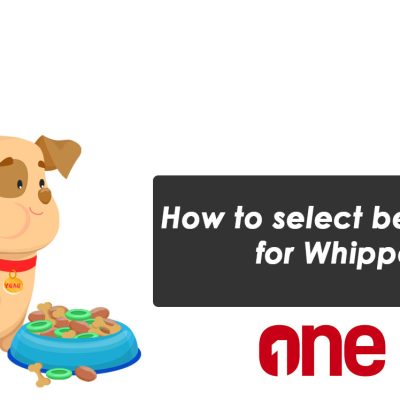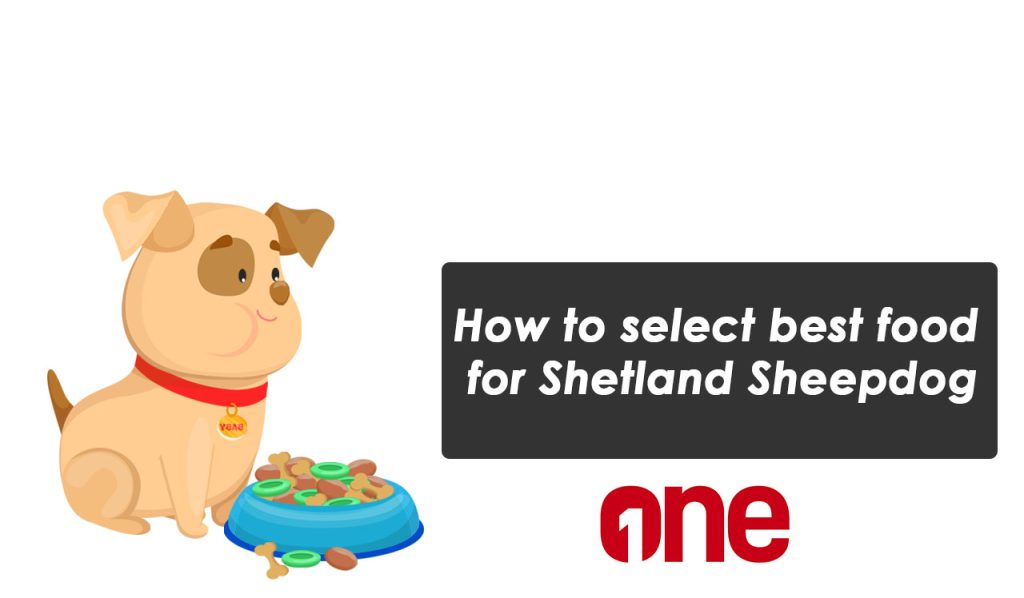
Ah, the Shetland Sheepdog – a breed that manages to pack an entire sheep’s worth of fur into a compact, tail-wagging package. As a professional pet caretaker and wordsmith extraordinaire, I’m here to guide you through the fluffy labyrinth of selecting the perfect diet for your little ball of joy.
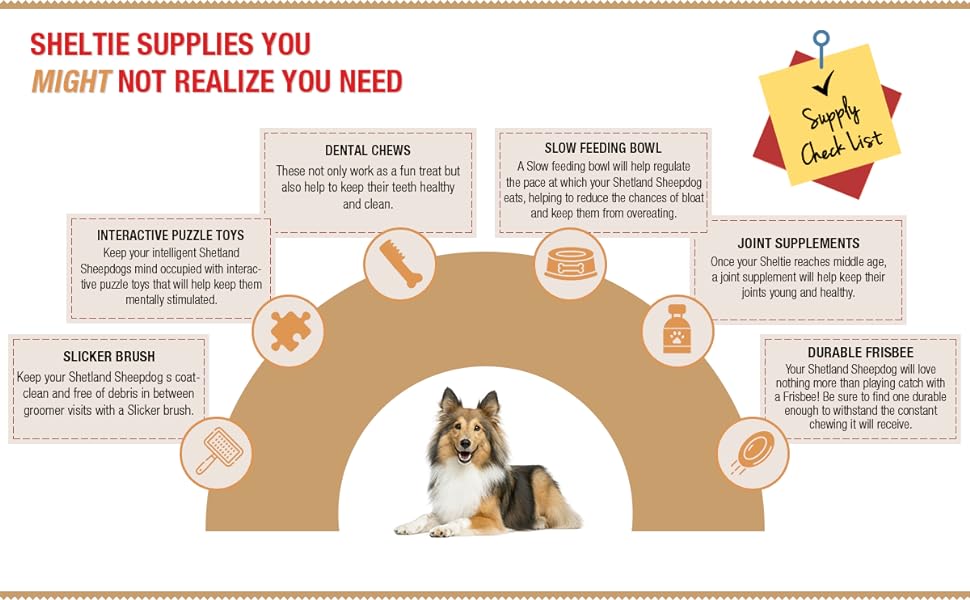
Decoding the Dietary Dilemma
Understanding a Sheltie’s nutritional needs is like unraveling a tangled ball of yarn – it requires patience, finesse, and a keen eye for detail. These pups may be small in stature, but their energy levels and dietary requirements are anything but miniature.
1. The Protein Powerhouse
Protein is the building block of every cell in your Sheltie’s body, and without it, their luscious locks would lose their luster. These pups need a diet rich in high-quality, easily digestible proteins to maintain their lean, mean, herding machines.
2. The Fat-tastic Balancing Act
Fats often get a bad rap, but for Shelties, they’re the unsung heroes of the dietary world. These pups need just the right amount of healthy fats to keep their coats shiny and their energy levels soaring. Too little, and they’ll be dragging their tails; too much, and you’ll have a furry beach ball on your hands.
3. The Carb Conundrum
Carbs are like the energizer bunnies of the canine diet – they keep those paws thumping and tails wagging. However, too many simple carbs can lead to a rolypoly Sheltie, so strike a balance between complex and simple carbs to keep your pup in tip-top shape.
Kibble Connoisseur: Decoding the Labels
Ever felt like you needed a degree in cryptography to decipher those ingredient lists? Fear not, for I shall be your guide through the labyrinth of pet food labels.
- Protein Sources: Look for high-quality, animal-based proteins like chicken, turkey, or fish – none of that mystery meat business.
- Fat Sources: Stick to healthy fats like chicken fat, fish oil, or flaxseed – no rancid renderings, please.
- Carb Sources: Opt for complex carbs like brown rice, oats, or sweet potatoes – say no to empty fillers.
- Additives: Steer clear of unnecessary preservatives, artificial colors, and flavors – your Sheltie deserves the real deal.
The Top Dog Brands: A Fluffy Roundup
After scouring the pet food aisles like a culinary detective, I’ve compiled a list of the top dog brands that’ll have your Sheltie prancing with glee:
- Orijen: This brand is the crème de la crème of pet food, boasting a whopping 85% protein from animal sources. It’s like serving your Sheltie a gourmet meal fit for a wolf pack.
- Acana: Another protein-packed powerhouse, Acana offers a variety of ancestral-inspired recipes that’ll have your pup feeling like they’re dining in the great outdoors.
- Taste of the Wild: With unique protein sources like bison, venison, and salmon, this brand offers a taste of the wild without the need for foraging.
- Fromm: Fromm’s commitment to using fresh, high-quality ingredients makes it a top contender for discerning Sheltie owners.
- Zignature: If your Sheltie has food sensitivities, Zignature’s limited ingredient recipes are a godsend – no more upset tummies or itchy paws.
The Pawfect Portion: Serving Up Smiles
Now that you’ve mastered the art of kibble selection, it’s time to tackle the age-old question: how much should I feed my furry friend? Fear not, for I’ve got the scoop on serving sizes:
- Adult Shelties: Generally, adult Shelties require between 1/2 to 1 cup of high-quality kibble per day, divided into two meals.
- Puppies: Those adorable little fluffballs have big appetites – expect to feed them three to four times a day, with portions varying based on their age and weight.
- Active Shelties: If your pup is an avid agility champion or herding enthusiast, they’ll need an extra scoop or two to fuel their adventures.
Remember, every Sheltie is unique, so adjust portions based on their activity level, age, and overall health.
Treats and Toppers: The Icing on the (Dog) Cake
Who doesn’t love a little something extra on their plate? While treats and toppers shouldn’t make up the bulk of your Sheltie’s diet, they can be a fun way to add some variety and reward good behavior.
- Healthy Treats: Look for natural treats like dehydrated meats, freeze-dried fruits and veggies, or simple baked goodies without any artificial additives.
- Toppers: Add a spoonful of plain Greek yogurt, a sprinkle of fresh berries, or a dollop of pumpkin puree to your Sheltie’s kibble for an extra burst of flavor and nutrition.
Just remember, moderation is key – too many treats can lead to an overweight, unhappy Sheltie.

Conclusion
Selecting the perfect diet for your Shetland Sheepdog is both an art and a science – a delicate dance between nutrition and flavor. By following the guidelines outlined in this article, you’ll be well on your way to serving up a diet that’ll have your pup prancing with joy and wagging their tail with gratitude.
Remember, a well-fed Sheltie is a happy Sheltie, and a happy Sheltie is the ultimate reward for any pet parent. So, embrace your inner kibble connoisseur, and let the feasting begin!
FAQs
1. Can I feed my Sheltie a raw diet? While raw diets can be an excellent choice for some dogs, they require careful planning and preparation to ensure your Sheltie receives all the necessary nutrients. It’s best to consult with a veterinary nutritionist before making the switch to a raw diet.
2. My Sheltie is a picky eater. What can I do? Picky eaters can be a challenge, but try mixing in some healthy toppers like boiled chicken, plain yogurt, or pumpkin puree to make their meals more enticing. You can also rotate between different high-quality kibble brands to keep their taste buds guessing.
3. How can I tell if my Sheltie is getting enough nutrients? A well-nourished Sheltie should have a shiny coat, bright eyes, and plenty of energy. However, regular check-ups with your veterinarian can help identify any potential nutritional deficiencies or excesses.
4. Can I feed my Sheltie table scraps? While an occasional treat from your plate may seem harmless, table scraps can lead to digestive issues, weight gain, and picky eating habits. It’s best to stick to high-quality dog treats and kibble specifically formulated for your Sheltie’s nutritional needs.
5. How often should I switch my Sheltie’s food? While variety is important, constantly switching your Sheltie’s food can lead to digestive upset and picky eating habits. It’s generally recommended to stick with one high-quality brand and gradually transition to a new brand if needed, mixing the old and new foods for a week or two.


